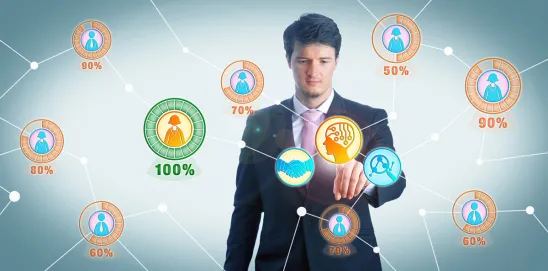A federal court ruled last week in Thaler v. Vidal (4th Cir. Aug. 5, 2022), that an artificial intelligence (AI) system cannot be listed as a named inventor on a patent application, affirming earlier rulings from the United States Patent and Trademark Office (USPTO) and the lower court in the Eastern District of Virginia.
Dr. Richard Thaler brought the case to challenge a USPTO ruling that his patent applications were invalid because he listed his AI system, called DABUS, as the inventor. According to the briefings, Thaler did not contribute to the conception of these inventions, and any person having skill in the art could have taken DABUS’ output and reduced the ideas in the applications to practice, meeting two requirements for US Patent applications.
The Circuit Court concluded that the Patent Act requires an “inventor,” as defined in § 100(f) of the Patent Act, to be a “natural person” and that there was “no ambiguity in the text.” According to the ruling, the statute’s use of the pronouns “his” and “her” indicate that Congress intended patentholders to be human. Thaler has announced his intention to seek further review of the Fourth Circuit’s ruling, with his attorney criticizing the court’s textualist approach to interpreting the Patent Act. The Fourth Circuit picked up and immediately abandoned a more exciting line of reasoning: patent applications require the applicant to certify their belief that they created the work, so an AI system must be capable of forming beliefs to hold a patent. Thaler didn’t offer any evidence that DABUS could do so, but future AI systems might become advanced enough to form beliefs. So, should a self-aware AI be granted legal personhood? The Thaler decision points to no, but this court has hardly given the final word on the issue as AI systems increase in complexity.
Blair Robinson contributed to this article.


 />i
/>i

